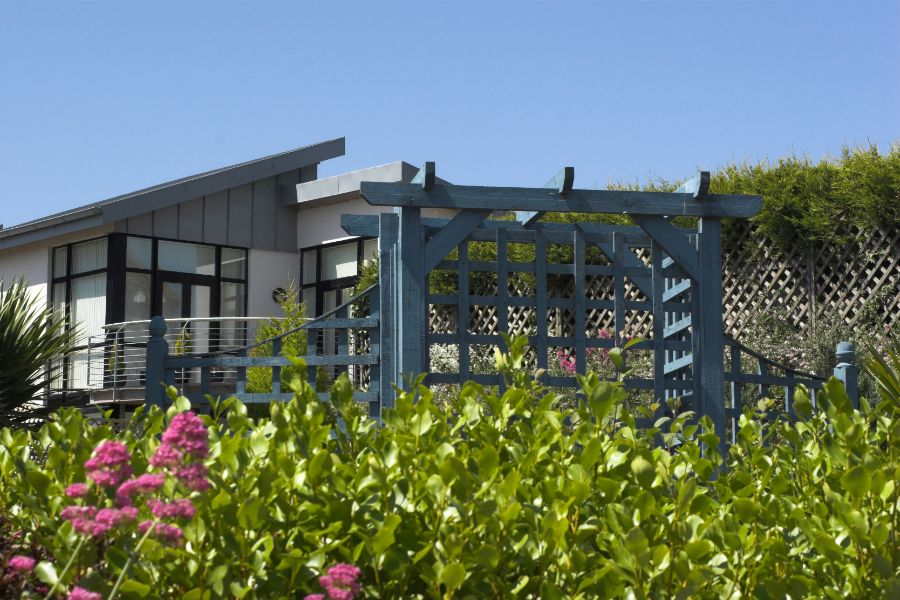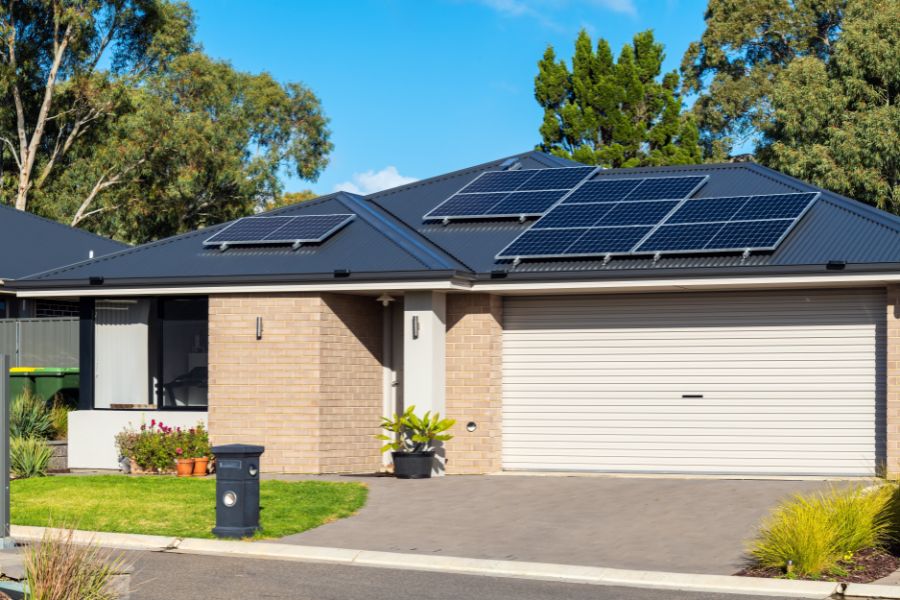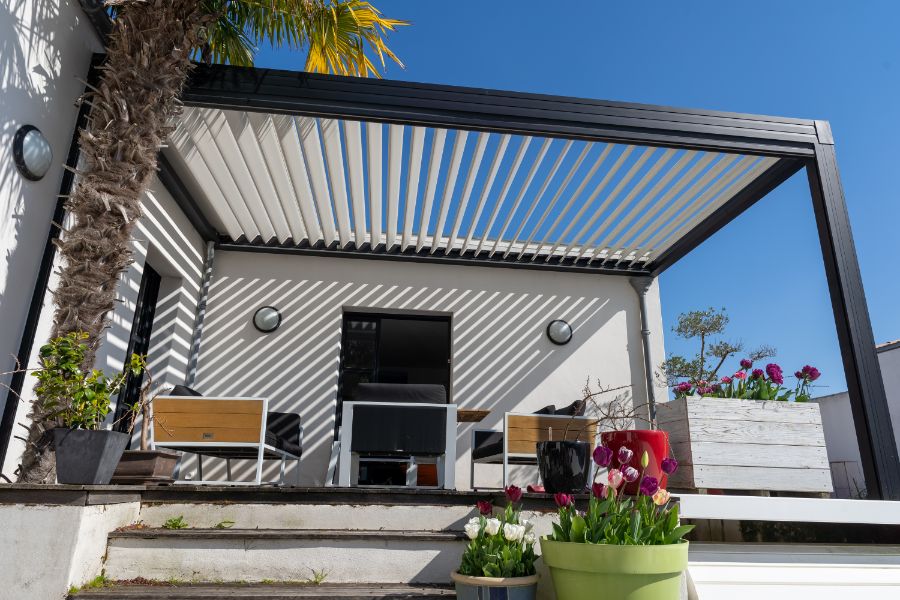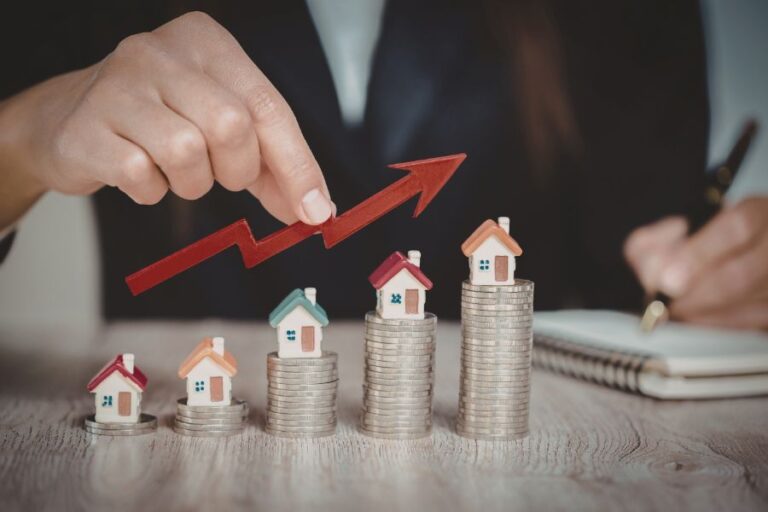As one of Wellington’s leading property management companies, Taylor Property Plus is committed to not only managing your investment but also fostering a greener future.
In 2025, sustainable property management is more than just a trend—it’s a necessity. With the increasing demand for eco-friendly rental properties, property owners must embrace sustainability to meet tenant expectations, comply with regulations, and reduce long-term operational costs.
This blog explores why sustainable living is vital for rental properties, how landlords can implement sustainable practices, and the benefits of focusing on energy efficiency and water conservation.
Why Sustainability Matters in Property Management
Sustainability is no longer an option but a requirement. With the building and construction sector contributing approximately 20% of New Zealand’s carbon emissions, the pressure to adopt green practices is increasing.

Tenants today are more environmentally conscious, prioritising eco-friendly homes that reduce their carbon footprint and lower their utility bills. Additionally, regulations such as the Healthy Homes Standards are driving landlords to focus on energy efficiency, water conservation, and reducing waste.
Benefits of Sustainable Practices for Landlords and Tenants
Implementing sustainable property management offers significant advantages for all stakeholders:
For Property Owners
- Higher Rental Yields: Properties with sustainable practices can command rental premiums of up to 6.7%.
- Lower Vacancy Rates: Green-certified properties in Wellington experience significantly lower vacancy rates, averaging just 1.35%.
- Long-Term Asset Value: Sustainable upgrades enhance a property’s long-term value, making it a more attractive investment.
- Reduced Maintenance Costs: Energy-efficient appliances and smart technologies help prevent long-term wear and tear.
For Environmentally Conscious Tenants
- Healthier Living Spaces: Eco-friendly homes provide better indoor air quality and reduce exposure to harmful chemicals.
- Lower Utility Bills: Properties with LED lighting, water-efficient fixtures, and smart meters significantly reduce electricity and water usage, leading to lower costs.
- Sustainable Living Choices: Many tenants actively seek rental properties that align with their sustainability values.
For the Environment
- Reduced Carbon Footprint: Implementing energy-efficient appliances and water conservation measures lowers environmental impact.
- Less Waste: Encouraging recycling, composting, and eco-friendly materials reduces landfill waste.
- Better Resource Management: Rainwater harvesting, solar power, and smart meters optimise resource usage.
Green Certifications and Incentives in New Zealand
New Zealand offers several green certifications that enhance property value:
- Green Star Certification: Recognised for promoting sustainable property design and construction, this certification can increase rental premiums by up to 7.5%.
- NABERSNZ Energy Ratings: A high NABERSNZ rating boosts rental values and reduces vacancies, with occupancy rates reaching 98%-99% for properties with both certifications.
- Government Incentives: Subsidies for solar panel installations, water-efficient upgrades, and energy-saving appliances make it easier for landlords to invest in sustainability.
Key Strategies for Sustainable Property Management

Landlords can adopt the following sustainable practices to make their properties more eco-friendly:
1. Energy Efficiency Upgrades
One of the most effective ways to improve a rental property’s sustainability is by upgrading to energy-efficient solutions:
- Install LED Lighting: Switching to LED lighting can reduce electricity usage by up to 75%, significantly lowering energy bills.
- Improve Insulation: Proper insulation in walls, ceilings, and floors can reduce heating and cooling costs.
- Upgrade to Energy-Efficient Appliances: Using ENERGY STAR-rated refrigerators, washing machines, and heat pumps significantly reduces electricity consumption.
2. Renewable Energy Integration
Installing solar panels is an excellent way to reduce dependency on the grid while lowering energy costs. The initial investment can be offset by long-term savings on utility bills, and government subsidies make it a more affordable option for landlords.
3. Smart Technology for Water and Energy Management
Implementing smart meters allows landlords and tenants to monitor and manage water usage and electricity consumption. These systems help detect leaks, prevent excess consumption, and optimise resource efficiency.
4. Water Conservation Measures
Water conservation is a crucial aspect of sustainable property management. Some effective strategies include:
- Installing Water-Efficient Fixtures: Low-flow toilets and aerated faucets significantly reduce water usage.
- Harvesting Rainwater: Collecting and reusing rainwater for irrigation helps cut down on freshwater consumption.
- Using Native Landscaping: Drought-resistant plants require less watering and maintenance, reducing the property’s overall water consumption.
5. Reducing Waste Through Eco-Friendly Materials
When renovating or maintaining rental properties, choosing sustainable materials helps minimise environmental impact. Consider using bamboo flooring, recycled wood, and non-toxic paints to create an eco-friendly living space.
Case Study: A Green Wellington Rental

A recent case study from a property in New Zealand highlights the benefits of adopting sustainable practices. The landlord implemented several green initiatives, including:
- Installing solar panels to reduce reliance on non-renewable energy.
- Upgrading insulation to improve energy efficiency.
- Achieving Green Star certification, enhancing property value.
The Results:
- Tenant Demand: The property attracted tenants within days of listing.
- Increased Rental Income: Rent increased by 6%, aligning with market trends for green-certified buildings.
- Lower Utility Costs: Electricity and water usage dropped by 20%, benefiting both the landlord and the tenant.
This case study demonstrates how focusing on energy efficiency and water conservation can result in financial gains and long-term sustainability.
The Future of Sustainability in Wellington Rentals
As tenant preferences shift towards environmentally friendly living, sustainable property management will become essential for maintaining a competitive edge.
At Taylor Property Plus, we are dedicated to helping landlords reduce their carbon footprint, meet Healthy Homes Standards, and implement sustainable property solutions. Whether it’s installing LED lighting, upgrading insulation, or integrating smart meters, our team provides expert guidance tailored to your property’s needs.
Ready to Future-Proof Your Investment?
Embracing sustainable practices is not just about compliance—it’s a long-term investment that benefits landlords, tenants, and the environment.
Contact Taylor Property Plus today to learn how we can help you incorporate sustainable property management strategies while maximising returns.
Together, let’s build a greener Wellington.



